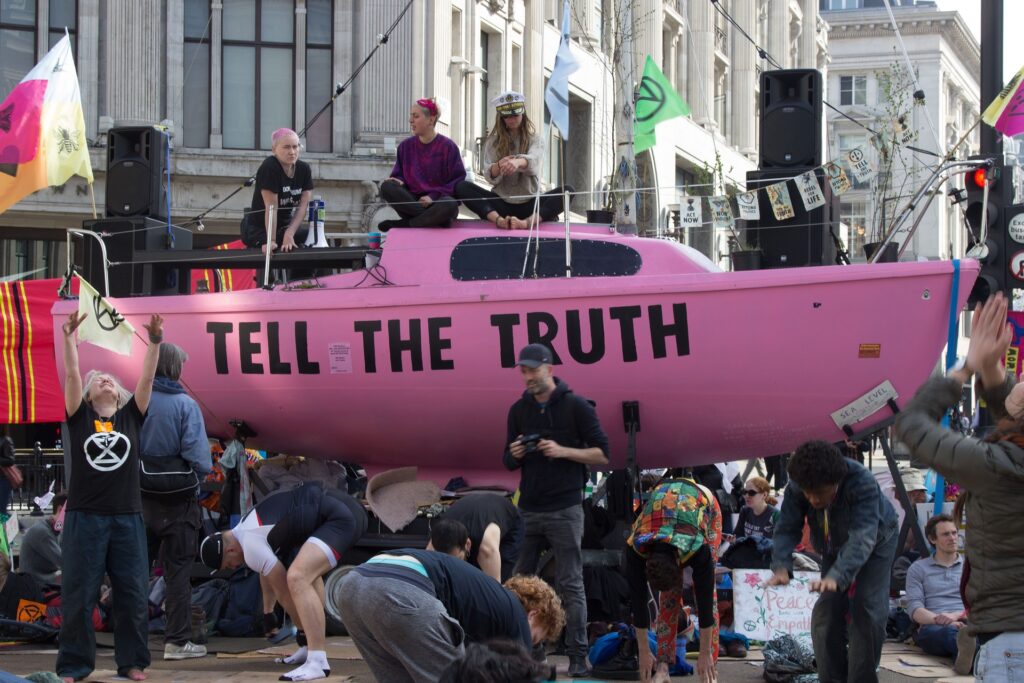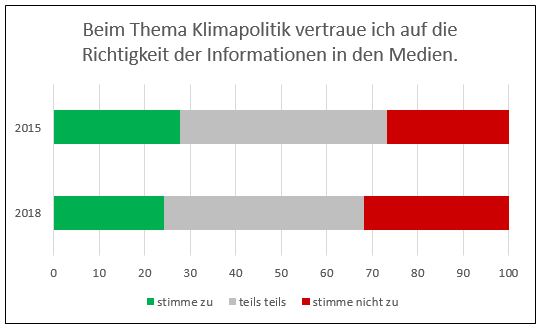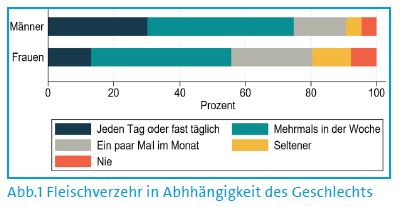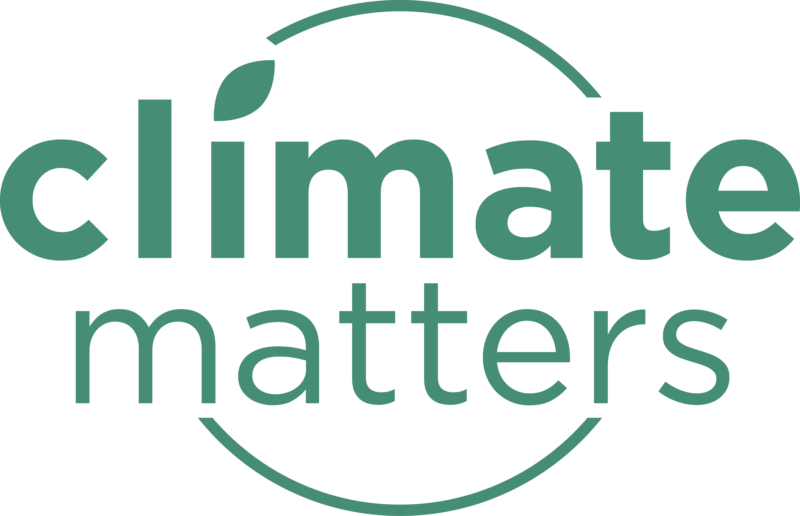Telling the Truth, Uniting Behind the Science – Climate Coalitions and Science’s Place in Society

In recent years, a new wave of climate activist groups, such as Extinction Rebellion, Fridays for Future and the Sunrise Movement have reshaped public debates on climate action. In so doing they refer to scientific evidence. But, how exactly do they understand science’s relationship to society? Drawing on documentary evidence, our recent study argues that […]
Global Climate Change in Local Journalism: How to Make Local Journalists Rethink Their Framing

Not only in photography do choice of angle and frame decide what we see. Photo by Ludovic Charlet, Pixabay. Framing of climate change in local newspapers considerably influences how citizens perceive climate change in their living environment. A master thesis entitled “Global climate change in local journalism” takes a closer look at the main source […]
How to talk about climate change – a collection of thoughts and helpful input for non-experts
When did you talk about climate change the last time? And when did you do so with family and friends? Results from our surveys show that on the one hand, the amount of people talking about climate change in their daily lives is rising steadily (see Guenther et al. 2020, in German), but on the […]
Ein Bild und tausend Worte: Wie framen deutsche Online-Medien das Thema Ernährung?

Fortsetzung von “Like this, eat that: Warum wir essen, was wir in den Medien sehen” Um besser zu verstehen, wie Online-Medien die alltäglichen Entscheidungen von Konsumenten und Medienrezipienten für eine bestimmte Ernährung beeinflussen, spielt die Art und Weise, wie Online-Medien das Thema Ernährung in ihren Beiträgen multimodal framen, eine entscheidende Rolle. Dabei wirken Bilder und Texte zusammen. […]
Public opinion at a tipping point – Germany’s path to engaging with climate protection

As a follow-up on our Nature Climate Change study (Brüggemann et al. 2017) called “The appeasement effect of a United Nations climate summit on the German public”, we have now published a working paper tracing changes in public attitudes and behavioral intentions over a longer period of time. The paper compares data from our 2015, […]
Sustainable Lives: Preliminary findings from the first project stage

Since the “Food project” has now brought its first stage to a close, it is time to present some preliminary findings. With the funding provided by KNU, we have conducted a thorough interdisciplinary literature review and several pilot studies: a representative survey in sociology, experiments in economics, a qualitative and an automated content analysis in […]
Down to Earth 2019: Ergebnisse aus der Deutschland-Befragung zum Klimagipfel in Madrid
Wie schon 2015 und 2018 haben wir auch in diesem Jahr während der Klimakonferenz eine deutschlandweite Online-Befragung durchgeführt. Die Befragung gehört zum Forschungsprojekt Down2Earth, geleitet von Michael Brüggemann an der Universität Hamburg, in dem wir Einstellungen, Mediennutzung, Wissen und Handeln der Menschen zu den Themen Klimawandel und Klimapolitik untersuchen. Einstellungen zu Klimawandel und Klimapolitik Im […]
Wer vertraut denn heute noch den Medien?

Ein durchaus besorgniserregender Befund unserer Forschung ist ein mangelndes Vertrauen der deutschen Bevölkerung in die Medienberichterstattung zum Klimawandel. In der deutschlandweiten Umfrage unseres Projekts „Down to Earth“ war die größte Gruppe unentschlossen, ob sie den Medien bei diesem Thema vertrauen soll. Die zweitgrößte Gruppe vertraute den Medien nicht; nur eine Minderheit vertraute ihnen (siehe Grafik). […]
Results from survey: What do people eat in Hamburg? (Part II)

In a second flyer (in German), the sub-project team from Prof. Stefanie Kley presents more results from their representative telephone survey in Hamburg, taking a look at factors explaining different eating habits. They found that there is a gender difference (women eat less meat than men) and also an influence of education (people with a […]
New publication: Scientific networks on Twitter
Scientists communicate online via social media about climate change. They engage with other scientists as well as with journalists, civil society and politicians. To what extent and how their language use varies depending on whom they talk to was examined by Stefanie Walter, Ines Lörcher and Michael Brüggemann by combining network and automated content analysis. […]
